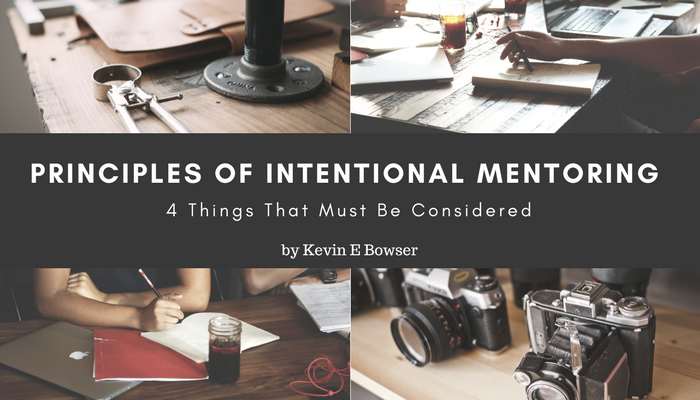There are some genuine considerations for the would-be protégé. In fact, there are four that I would have you consider today.
We need to identify a leader that is worthy of following.
It is an indictment of our culture, and maybe even our own judgment sometimes, that we would need to be reminded of this consideration. Not every leader is worthy of following. We must understand that consideration from both the leader’s and from the follower’s perspective. As a follower, I must find a leader that is worthy to follow and whose successes are not compromised by their ethics or methods. As a leader, I must always be diligent to be “worthy” to be followed.
We must learn how they lead.
Is there some “secret sauce?” Usually, there is not. It is just a lot of hard work and some careful application of emotional intelligence concepts. But, as a protégé, they will be asking: “What is the secret to your success as a leader?” So, as a leader, ask yourself the following questions: What makes you worthy to be followed? And what are you doing specifically that makes you “successful” as a leader?
What makes one leader successful will not always work in another place and setting. That is why I am stressing that it is important to learn how they lead. It is the “how” that will be filled with those traits and characteristics that will be the earmarks of an Emotionally Agile Leader.
We must then lead others as they do.
Observation and dialog are not enough. We must internalize what we are learning from our mentor. And after we learn, we must do. Leadership is not an academic pursuit. It is a practical matter and we must then take what we have learned and apply it to our leadership situation.
We will not be an expert as we begin to put into practice what we have been learning. But we will be engaging people differently than we ever have before. And we will be doing so with intentionality and with a level of empathy that will draw folks to us as leaders.
We must repeat the cycle.
Then what? Remember one of the maxims that I paraphrase and hold on to is this: The role of a great leader is not to make more followers, but to make more leaders. If we as mentors have done our jobs correctly, our protégés will have caught the leadership bug that we have caught. And they will want to spread that to their circle of influence in such a way that it will impact their own company, organization, church, or club in so many positive ways. They will forever be changed in how they approach leadership, fellowship, and mentoring.
In other words, “wash, rinse, repeat.”




Please note: I reserve the right to delete comments that are offensive or off-topic.